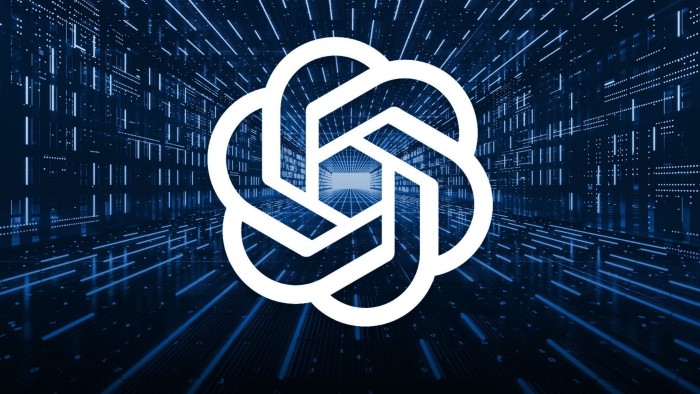Stay informed with free updates
Simply sign up to the Artificial intelligence myFT Digest — delivered directly to your inbox.
OpenAI plans to expand Stargate, its $500bn US data centre project, by investing more overseas to promote the development of “democratic artificial intelligence”, though the group revealed few details of how the project would be financed and delivered.
“This investment will be above and beyond what we’re looking at in the US,” said Chris Lehane, OpenAI global affairs vice-president. He framed the plan as a way to use America’s AI technology edge to provide a clear alternative to China, its only serious competitor around the world, and to promote democratic values — such as free speech, free markets and the prevention of mass government data collection.
Sam Altman, OpenAI’s chief executive, launched Stargate at the White House in January, alongside President Donald Trump and partners Masayoshi Son, SoftBank’s chief executive, and Oracle boss Larry Ellison.
Trump hailed the plan to spend as much as $500bn on US artificial intelligence infrastructure during his term of office as a “declaration of confidence in America”.
The project so far only consists of a partially built data centre in Abilene, Texas, but OpenAI is now touting Stargate to other countries, in addition to its vast US pledges.
No deals have yet been announced for the global Stargate scheme, dubbed “OpenAI for countries”, but the generative AI leader is targeting 10 projects with historic US allies. Lehane said political leaders in France, the UK and Germany had all expressed interest in developing new data centres. The Financial Times previously reported that OpenAI was weighing an investment in the UK.
The group said it would strike the overseas deals in co-ordination with the US government. Its executives have compared the current build-out of data centres to the infrastructure spending boom in the early years of the web, with an estimated price tag in the trillions of dollars.
Recommended
Whereas SoftBank is the financing lead for Stargate in the US, OpenAI’s developments abroad will be funded by a bespoke group of partners on each project, according to the company.
“Governments, sovereign wealth funds, private equity funds and more traditional capital are all looking at this,” said Lehane. “Our additional role is in providing the best AI technology . . . having us involved to create this structure helps attract that capital.”
He added that partnering with OpenAI on Stargate projects and committing to develop AI in accordance with democratic principles in their own countries could create a pathway for US allies to access the most advanced US-made semiconductors, required to build the best AI models.
Under export controls that come into force this month, “tier two” countries — including India, Israel, Switzerland, Saudi Arabia and the United Arab Emirates — are restricted in the chips they can access.
“In our submission to Trump’s White House, we [in March] had made the proposal that they attract investment into US infrastructure by giving investors a way of moving from tier two to tier one,” said Lehane.
“We’ve had folks reach out from all over the world.”


